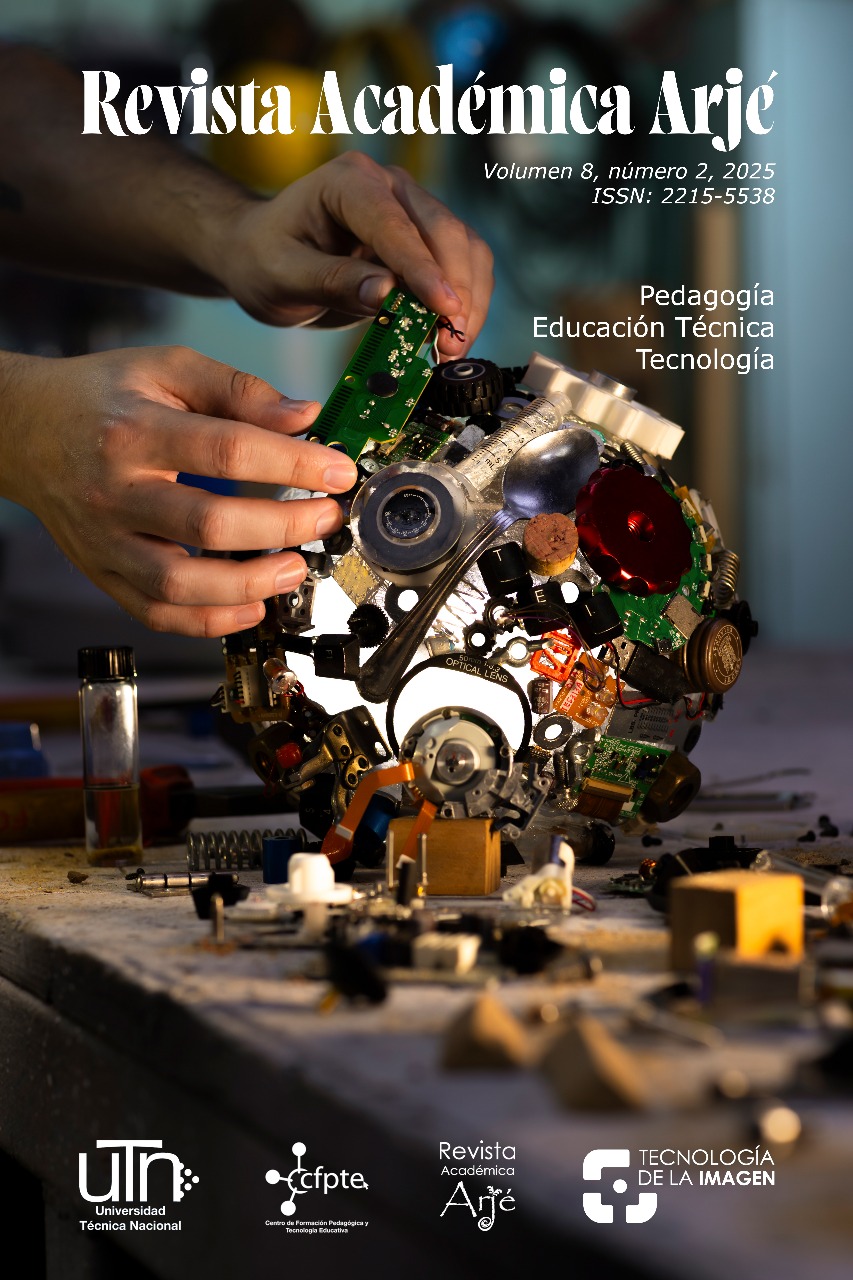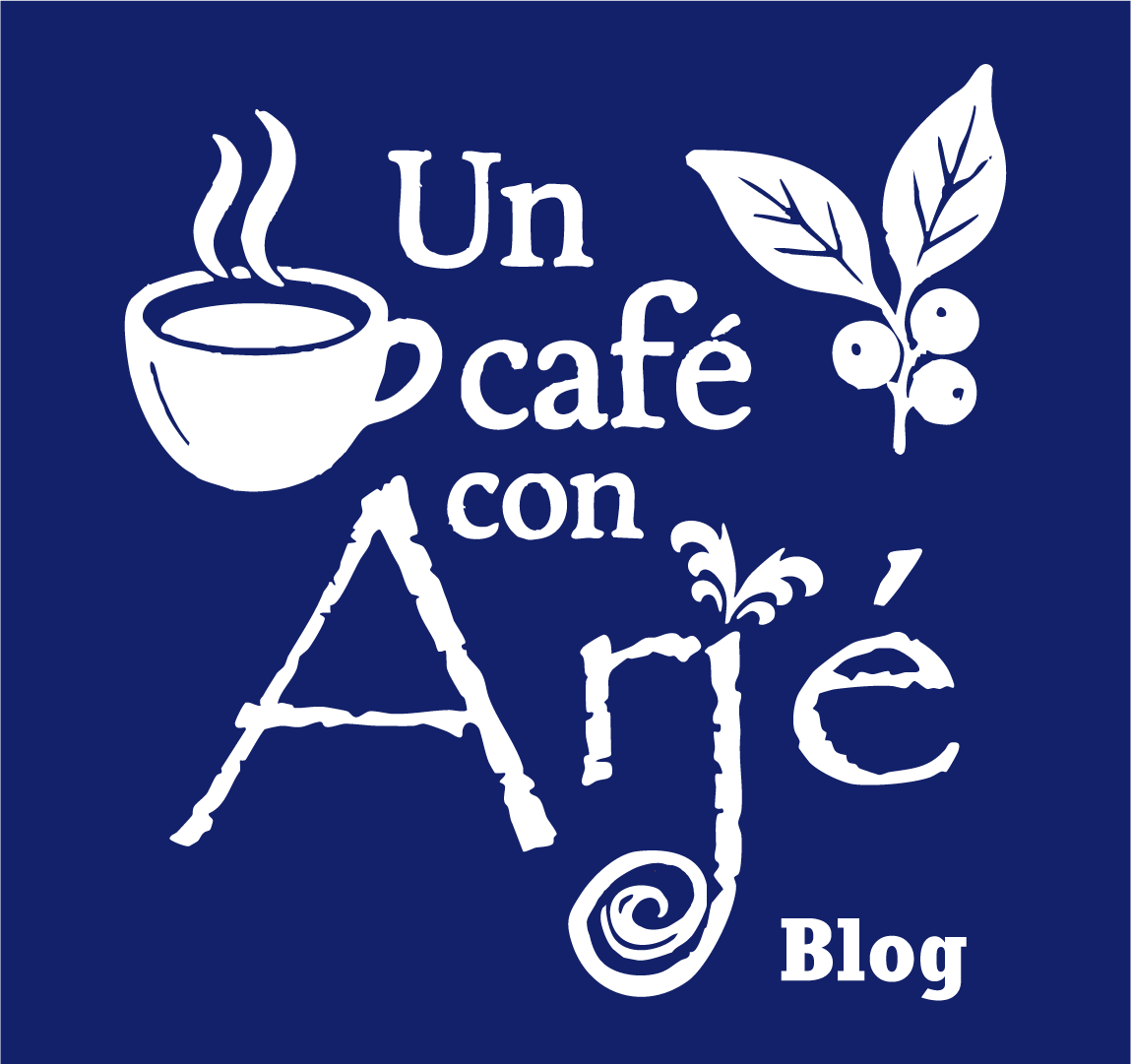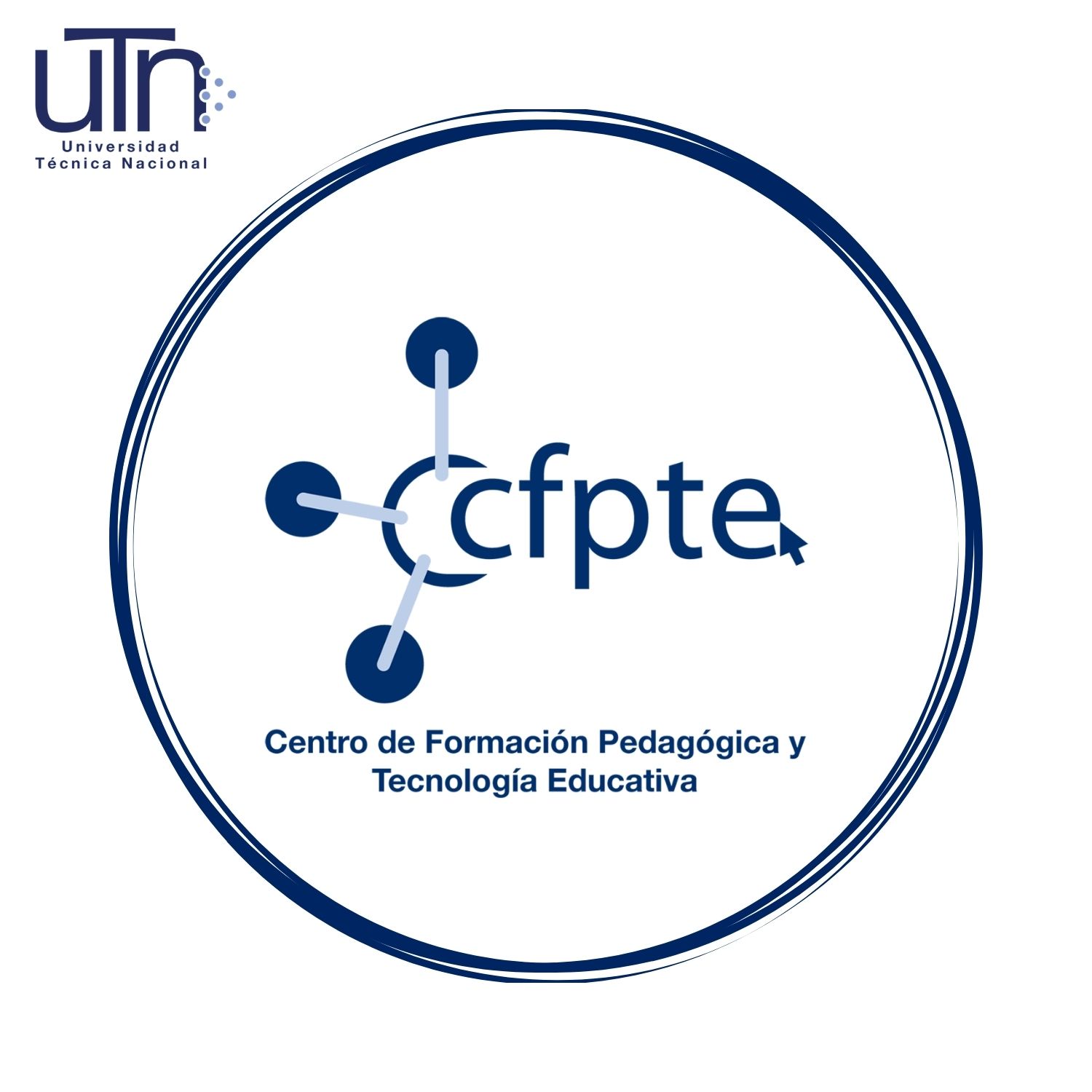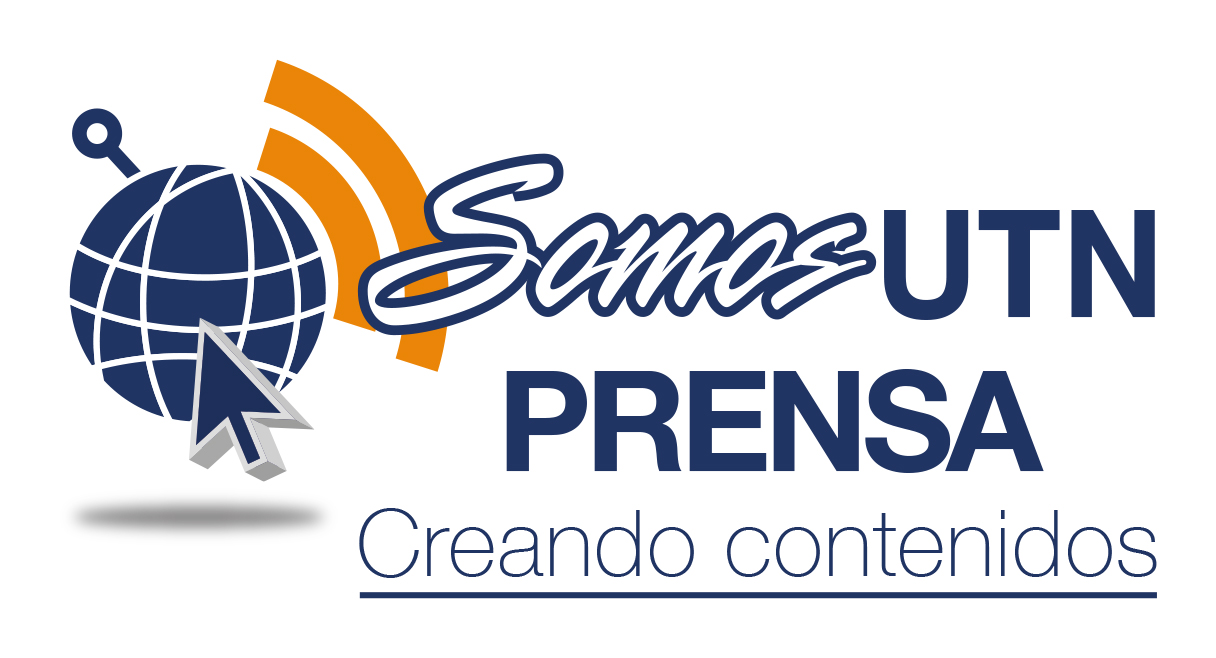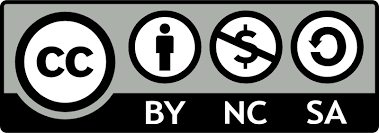University extensionism: expression of love for humanity or dominion?
DOI:
https://doi.org/10.47633/xw2epz59Keywords:
Abduction, Mathematics, Physics, Polymath, University ExtensionAbstract
Are the practices proposed by the University of Cordoba in Argentina during the nineteenth century, or by the Universities of Cambridge and Oxford in the fourteenth century, really the first manifestations of extensionism in history? In response, a review of history was carried out, chronologically addressing concepts of acquisition and transfer of knowledge, the influence of mathematical notions such as determinism, indeterminism, chaos and quantum physics were questioned; and the dichotomy of love or dominance in university extension was questioned. The results of applying the abductive method reveal that, in its beginnings, polymathy, understood today as "inter and multi-knowledge" products, offered answers to human needs, turning them into universal goods destined to face phenomena adverse to existential interests. Currently, the concept of university extension is understood in some latitudes as the extension of influence and resources beyond the university campus, contrary to its origin and reality. The evolution of university extension reflects how educational institutions have adapted their role in the face of social, economic and technological changes throughout history. University extension not only seeks the dissemination of knowledge, but also active interaction with society, continuous improvement, promoting sustainable development, social equity and innovation. This dual way of transferring knowledge and resources between the university and the community generates synergies that enhance collective well-being and scientific and cultural progress. Extensionism is defined: the transfer of knowledge for the construction of universal goods.
Downloads
References
Blakemore, E. (2025). ¿Qué es el colonialismo? National Geographic, Historia, consultado el 7 de abril de 2025. https://www.nationalgeographic.es/historia/colonialismo-que-es
Chuaqui J., Benedicto. (2002). Acerca de la historia de las universidades. Revista chilena de pediatría, 73(6), 583-585. https://dx.doi.org/10.4067/S0370-41062002000600001
Eguigure Torres, Y. A., Terreros Barrios, N., Romero Arrechavala, J. y Monge Hernández, C. (2024). Aportes universitarios centroamericanos a la gestión universitaria desde el modelo de extensión crítica. Revista Masquedós, 9(11), 1-15. https://doi.org/10.58313/masquedos.2024.v9.n11.315.
Mainegra Fernández, D.; Estrada Méndez, N. L.; Rivera de Parada, A.; Peña Ortiz, A. I. “La integración de los procesos sustantivos universitarios docencia-investigación-extensión: reflexiones fundamentadas”. MENDIVE, 23(1) 1-22 https://mendive.upr.edu.cu/index.php/MendiveUPR/article/view/4050
Mendoza, R. M., Meinguins, A. M. L. (2022). The abductive method to generate polymath knowledge in technical-scientific production. Civil Engineering Research Journal, 13(3) 1-2 https://doi.org/10.19080/CERJ.2022.13.555864
Mendoza, R. M., Meinguins, A. M. L., Pimentel, M. A. S., Pontes, A. N., Rocha, E. (2022). World development and generation of waste. Environmental Science and Pollution Research, 30(6) 14792-14804 https://doi.org/10.1007/s11356-022-23106-5
Monge Hernández, C., González, M. y Méndez, N. (2020). De la Reforma de Córdoba a la extensión crítica: un breve recorrido por la extensión universitaria latinoamericana. Editorial Letra Maya.
Luís Múzquiz (The Geacron Project). (2011) 31 de marzo de 2025. Atlas Histórico Mundial y Cronologías. Historia Universal. Mapas Históricos y Cronologías. Reinos, Batallas, Expediciones. Historia Comparada, Política, Militar, Ciencia, Literatura, Religión, Filosofía. Mapas basados en base de datos vectorial https://geacron.com/home-es/?lang=es
Roux, G. (1987). Mesopotamia, historia, política, económica y cultural. Ediciones Akal, 445 pp.
Sánchez-Antonio, J. C. (2024). Descolonizar la educación desde un horizonte mundial transmoderno y poscapitalista. Capítulo 1, IN: Educación, Colonialidad y Pueblos Ancestrales, un tejido de saberes desde América Latina., pp. 21-62.
Santos, B. D. S. (2007). Para além do pensamento abissal: das linhas globais a uma ecologia de saberes. Novos estudos CEBRAP, 71-94.
Zerón, A. (2025). Mitología odontológica. Revista ADN, 82(1), 5-11 https://doi.org/10.35366/119362
Downloads
Published
Issue
Section
License
Copyright (c) 2025 Ronaldo Rosales Mendoza

This work is licensed under a Creative Commons Attribution-NonCommercial-ShareAlike 4.0 International License.
All articles in the Revista Académica Arjé are published under the Creative Commons Attribution-NonCommercial-ShareAlike 4.0 International License (CC BY-NC-SA 4.0).
This means that:
-
Attribution: Proper credit must be given to the original authors, a link to the license must be included, and any changes made must be indicated.
-
NonCommercial: The material may not be used for commercial purposes.
-
ShareAlike: If the work is adapted or remixed, the resulting version must be distributed under the same license.
More information at: https://creativecommons.org/licenses/by-nc-sa/4.0/deed.en
